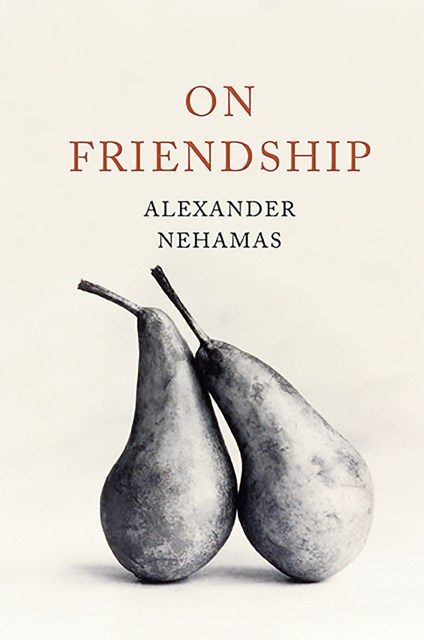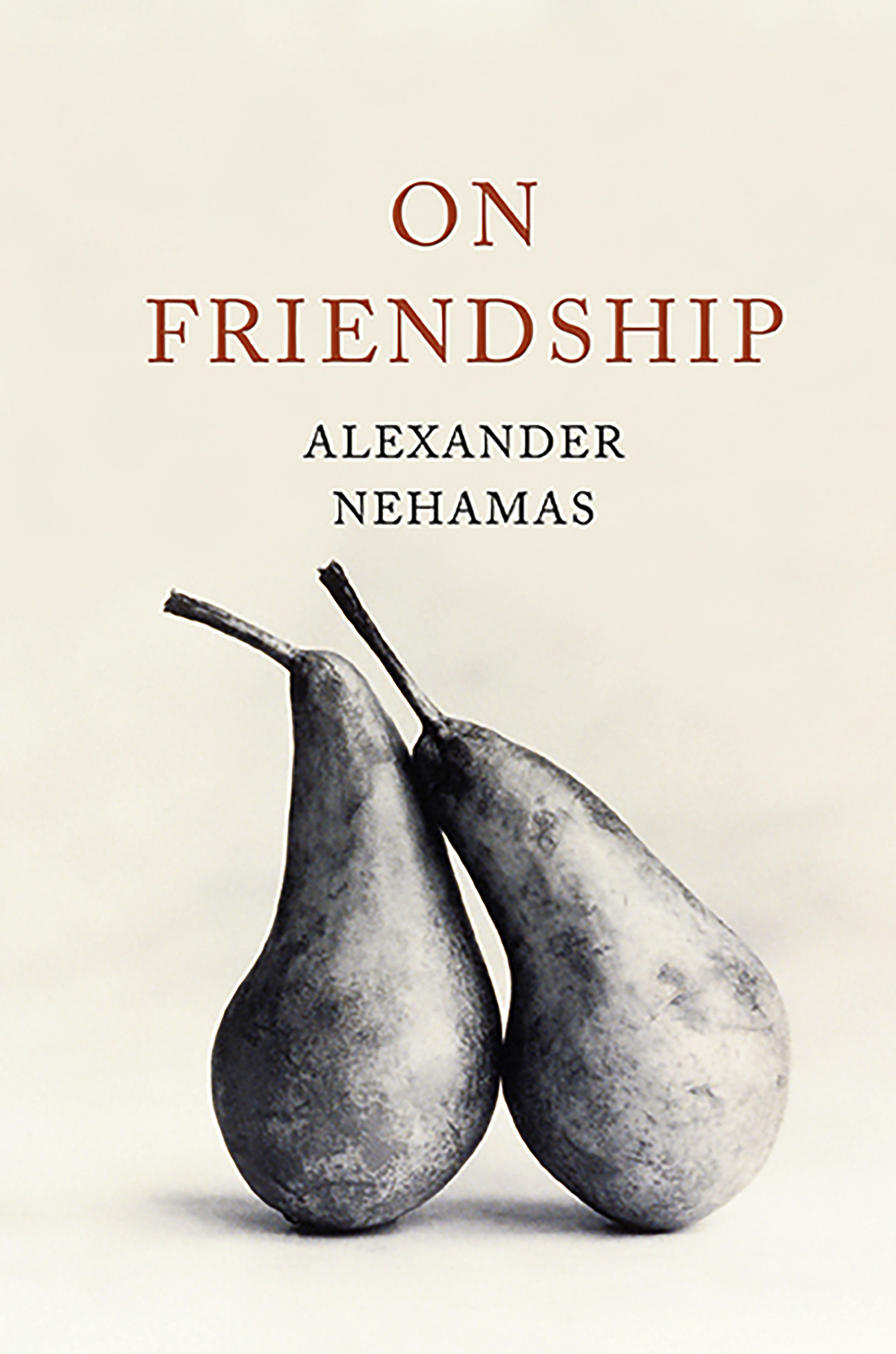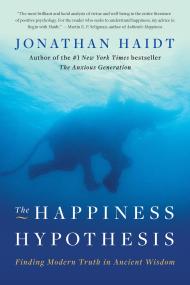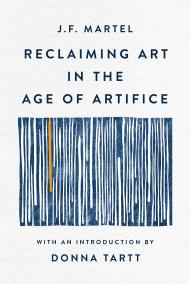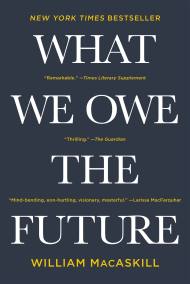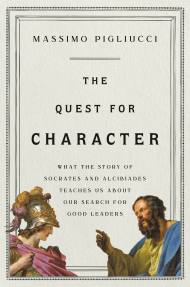By clicking “Accept,” you agree to the use of cookies and similar technologies on your device as set forth in our Cookie Policy and our Privacy Policy. Please note that certain cookies are essential for this website to function properly and do not require user consent to be deployed.
On Friendship
Contributors
Formats and Prices
- On Sale
- May 3, 2016
- Page Count
- 304 pages
- Publisher
- Basic Books
- ISBN-13
- 9780465082926
Price
$30.00Price
$38.00 CADFormat
Format:
- Hardcover $30.00 $38.00 CAD
- ebook $17.99 $22.99 CAD
This item is a preorder. Your payment method will be charged immediately, and the product is expected to ship on or around May 3, 2016. This date is subject to change due to shipping delays beyond our control.
Buy from Other Retailers:
Friends are a constant feature of our lives, yet friendship itself is difficult to define. Even Michel de Montaigne, author of the seminal essay “Of Friendship,” found it nearly impossible to account for the great friendship of his life. Why is something so commonplace and universal so hard to grasp? What is it about the nature of friendship that proves so elusive?
In On Friendship, the acclaimed philosopher Alexander Nehamas launches an original and far-ranging investigation of friendship. Exploring the long history of philosophical thinking on the subject, from Aristotle to Emerson and beyond, and drawing on examples from literature, art, drama, and his own life, Nehamas shows that for centuries, friendship was as much a public relationship as it was a private one-inseparable from politics and commerce, favors and perks. Now that it is more firmly in the private realm, Nehamas holds, close friendship is central to the good life.
Profound and affecting, On Friendship sheds light on why we love our friends-and how they determine who we are, and who we might become.
Genre:
-
"Alexander Nehamas, known for his distinguished and very readable books that make philosophy accessible to a broad audience, has written a far-ranging, meticulously researched yet warmly personal account of the mysterious phenomenon known as friendship. His prose is luminous, intimate and erudite. Highly recommended!"Joyce Carol Oates
-
"With the social media 'friending' mind-set so prevalent in today's society, Nehamas's treatise of the subject is timely and significant. Accessible philosophical writing for general readers who want to understand better an essential feature of our lives."Library Journal
-
"For those wanting to see how the concept of friendship in Western civilization has evolved since Aristotle, this study offers a useful, if idiosyncratic survey."Kirkus Reviews
-
"On Friendship accomplishes the remarkable; Nehamas punctures standard pieties with clear-eyed realism about the risks of loss or corruption through our friendships, while saving every bit of our unshakeable sense that our friends remain immeasurably valuable, and of central importance in our lives. This deeply insightful book--the fruit of a lifetime's reflection--should be read not only by those who care about friendship in general, but by all of us who care about our friends."Lanier Anderson, professor of philosophy at Stanford University
-
"Beautiful and wise, On Friendship will deepen your understanding of the friendships through which you live. Can a work of philosophy be a page-turner? This one is hard to put down. Here Montaigne triumphs over Aristotle, while theater emerges as the art that best illuminates friendship--which, as Nehamas shows us, is best appreciated as a work of art is appreciated, for what it is for us, individually and irreplaceably."Paul Woodruff, professor of philosophy and classics at the University of Texas at Austin
Newsletter Signup
By clicking ‘Sign Up,’ I acknowledge that I have read and agree to Hachette Book Group’s Privacy Policy and Terms of Use
